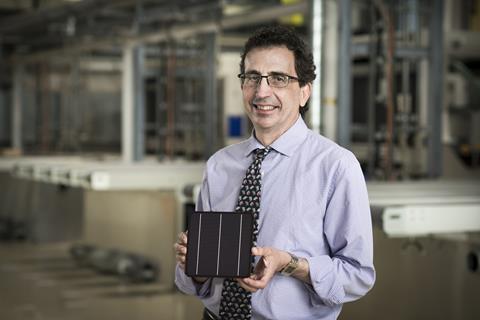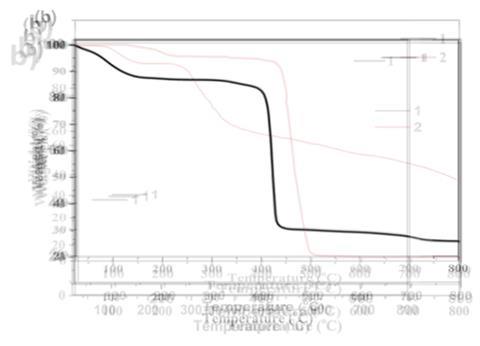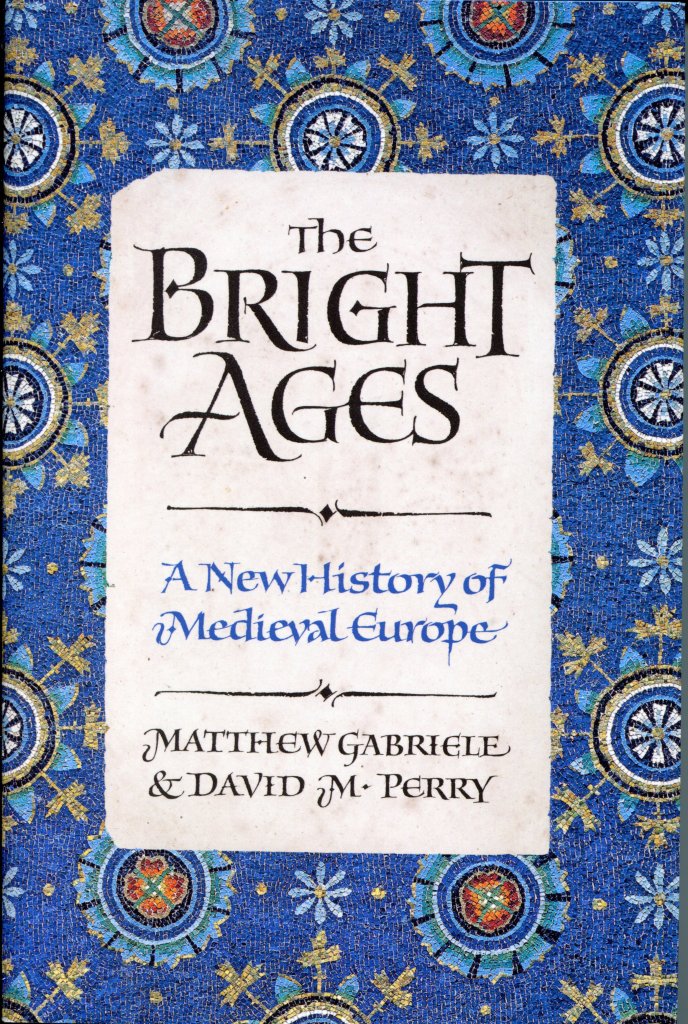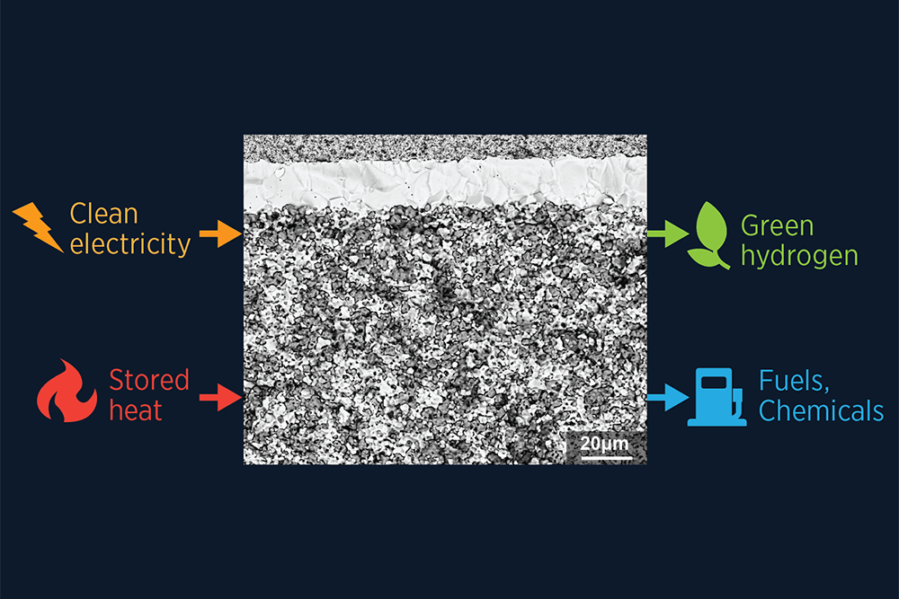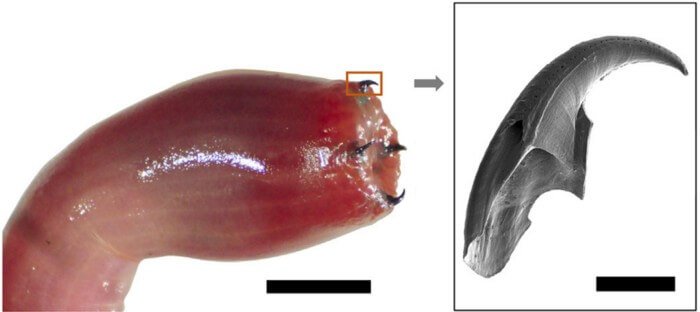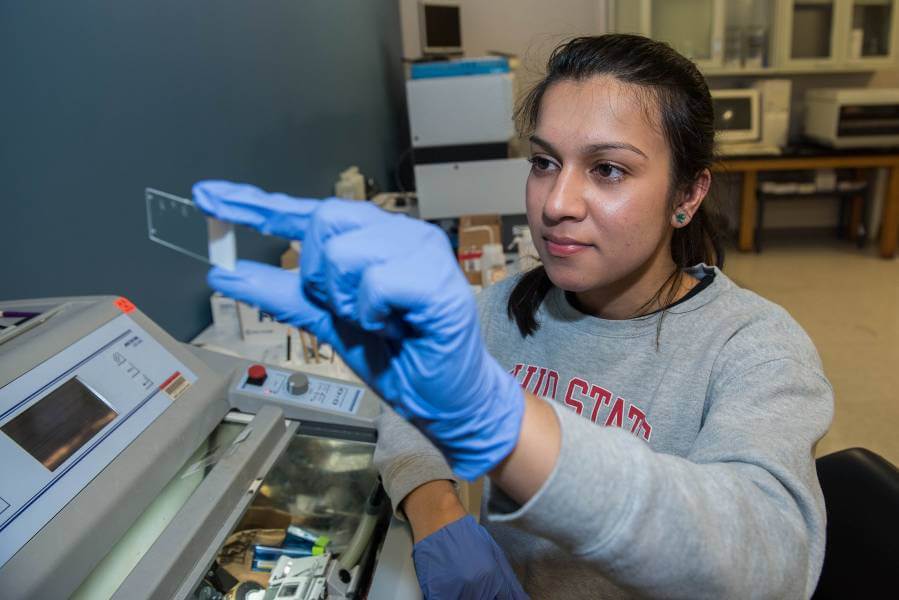All five nucleobases of RNA and DNA have been discovered in meteorites for the first time. These chemicals are essential ingredients for life on Earth and several purines and also two pyrimidines – thymine and cytosine – not previously detected in meteorites were found. The findings come from an analysis of three carbonaceous meteorites, known […]
Read More
